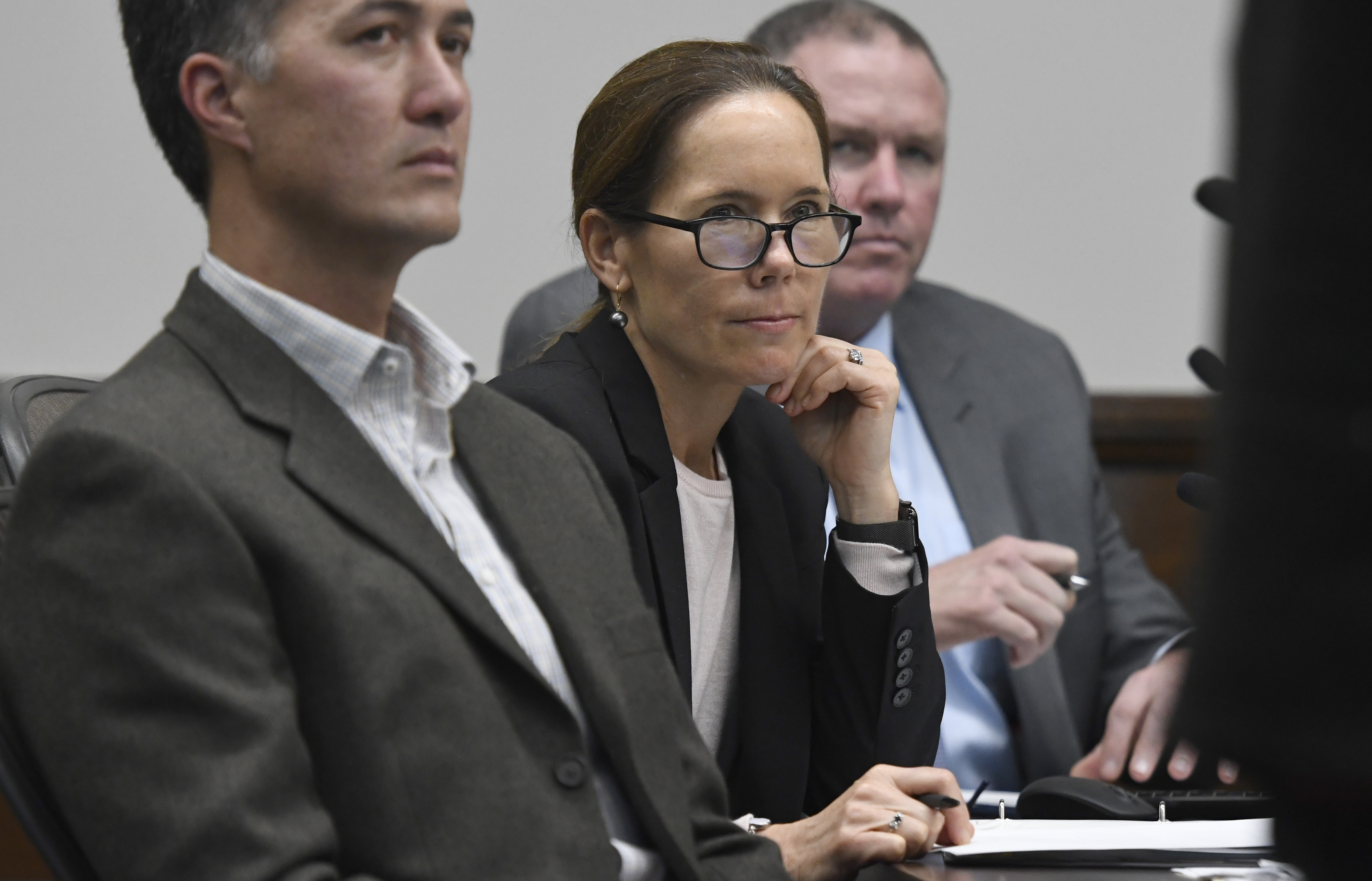Tightening Up Park Rules
Santa Barbara City Council Votes to Shorten Park Hours for 30 City Parks, Bar Childless Adults from Play Areas

In response to increasing complaints about overflowing trash, filthy bathrooms, and vandalism in city parks — not to mention reports of obnoxious and intimidating behavior by some loud and inebriated regular park users — the Santa Barbara City Council voted to shorten park hours on 30 of the city’s parks. The council also voted to bar adults from the designated children’s play areas in all parks with playgrounds or pools unless they accompany a child. Lastly, they added new safety restrictions on the use of barbecues, all of which must be portable and sit at least six inches off any hard surface when in use.
Under the new scheme — adopted by a 5-2 vote — all city parks will now close half an hour after sunset. Right now, about 30 parks close at 10 p.m. and 19 close shortly after sunset. That discrepancy has caused confusion and enforcement problems, said parks czar Jill Zachary, and uniform park hours would make a positive difference.
Zachary initially argued that all parks should close at sunset — as defined by the National Weather Service — but added an extra half hour of legal time at the insistence of councilmembers. Councilmember Randy Rowse, who represents the Mesa district, noted that Shoreline Park traditionally draws droves of sunset watchers, who should be given time to pack their bags before having to worry about being “dragged off” by “sunset cops.”
Councilmembers Meagan Harmon and Kristen Sneddon both pushed unsuccessfully to maintain the 10 p.m. closing time. Harmon expressed concern that her husband will be barred from the impromptu pickup soccer games he now enjoys with friends after putting the couple’s daughter to bed. “This is just so onerous,” she objected. Harmon found it unreasonable to expect her husband to obtain city permits for such games, which he will now need to do if he wishes to continue his evening games.
Zachary argued her department isn’t staffed to allow all parks to remain open until 10; restrooms need to be closed for the night and, in some cases, gates locked. Harmon and Sneddon had hoped that members of the public would still be allowed free rein in city park space even if such amenities were not operable.
Councilmember Oscar Gutierrez expressed regret that parks would be closed early, noting that as a kid, he often “escaped” into the after-hours solace offered by city parks. City police, he noted, occasionally asked him to leave but were never harsh about it. Zachary stressed that enforcement will be left to the discretion of city cops, who will respond based largely upon complaints.
The other changes in park rules — restricting kids’ play areas to kids and adults accompanying them — are designed to make parks safer and more inviting to families. For the past three years, Zachary has been expressing increasing concern that small clusters of obnoxious park users are discouraging members of the public from enjoying the abundance of public open space — 60 parks in total — that City Hall manages.
According to a report issued this April, City Hall spent $1.6 million in one year cleaning up homeless camps, maintaining park bathrooms, fixing broken or vandalized equipment, and underwriting revenues lost because paying park customers were effectively chased away. City parks workers, Zachary complained, have been subjected to verbal abuse and threats. She estimated that 30 percent of the city’s 60 parks have been negatively impacted by homeless activity.
Given a major appellate court decision handed down two years ago, city police cannot prevent people from sleeping in public spaces if there are not enough shelter beds available. As a result, city parks have increasingly become a place of refuge for those with no place to go.
In an interview prior to Tuesday’s council meeting, Sneddon expressed concern about the competing agendas for city parks. Sneddon said she hopes the parks will be used — after dark — for sleeping. She expressed concern, however, about the consequences of closing park bathrooms earlier. “People have to go somewhere,” she observed. “Where will they go?” Councilmember Jason Dominguez had sought a middle ground, pushing for parks to close at 7:30 during winter months and 8:30 the rest of the year. That proposal got no support, and Dominguez wound up voting against the more restrictive hours.



